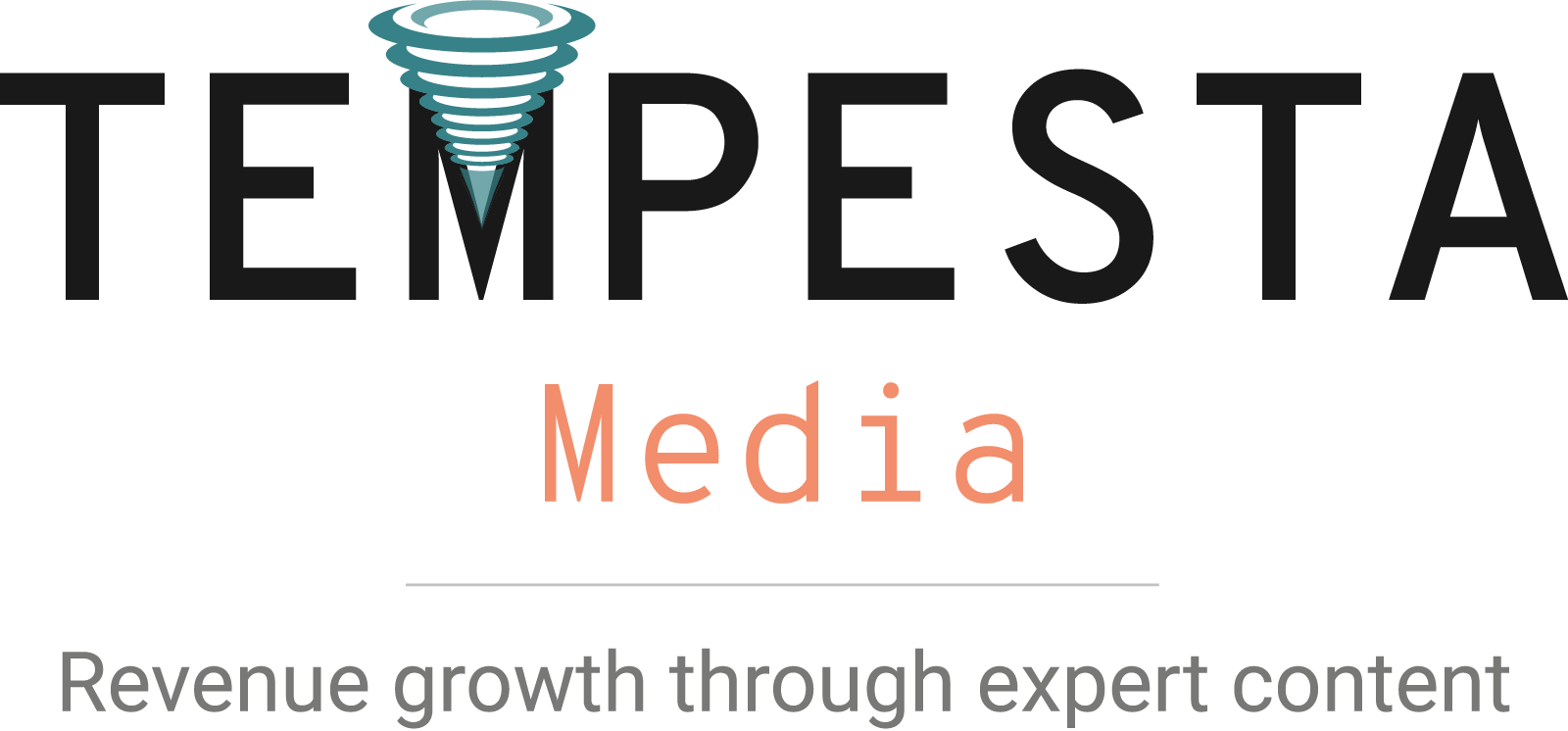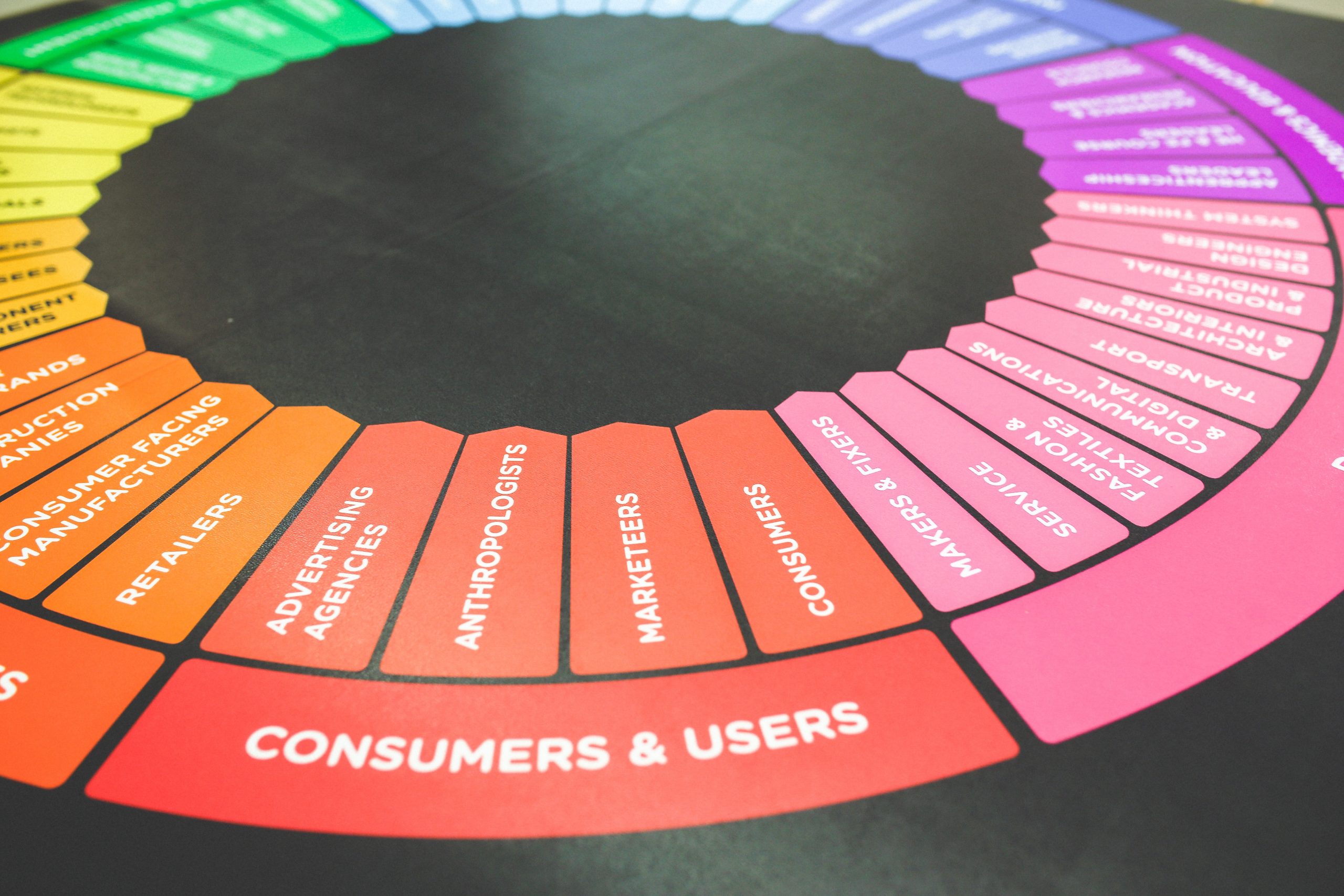When people think of the education industry, they generally don’t always think of “products.” After all, improving the skills and intellect of fellow human beings isn’t exactly akin to selling an Xbox or a sandwich.
Still, attracting and retaining customers is essential to survival in the education industry, whether you’re selling a cutting-edge degree program or developing software that makes it easier for students to complete work on time.
If you’re an organization in the education industry experiencing challenges with customer retention and growth, it may not have anything to do with your “product.”
It could be because you’re not offering your audiences the right content. A comprehensive digital content marketing program just might be what you need to change your marketing game plan – and watch your business grow.
What is digital content marketing?
Digital content marketing is the process of creating, publishing and distributing content online for target audiences. Through this content, you tell the people most likely to benefit from your product what you know and how your product or expertise can help solve their problems.
When done right, digital content marketing:
- Helps your business rank higher in search engines.
- Generates positive attention.
- Generates leads – people who are genuinely interested in learning more about you and the products you offer.
- Builds your online audience, from website visits to social media followings.
Content marketing is NOT a sales pitch. It helps customers find you through the process of serving their needs before they realize they might need you.
Content marketing is a good solution for your sales goals if:
- Your business is passionate about educating people with useful information.
- You want to improve your brand awareness among your target audiences.
- You want to further establish your business as an authority in the education industry.
Content marketing and the buying process
When it comes to content, it’s tempting to just throw your proverbial content spaghetti at the wall to see what sticks. Your content needs to be more purposeful and targeted specifically to the people most likely to benefit from what your business offers. That’s why it’s important to establish buyer personas. Buyer personas are descriptions of the people most likely to benefit from using your product.
You might have quite a few buyer personas, representing different age groups, genders, cultures, etc. Or you might have only a few specific personas, such as a prospective college student in his or her late teens or a working parent trying to learn more about how he or she can put a child through school.
Once you establish your buyer personas, you can tailor your content to help them through the buyer’s journey, which, hopefully, ends with a sale for your company.
Your content will be different depending on what stage of the buyers’ journey a potential customer is in:
The early stage: In this stage, a person in your target market is consuming your content but not taking any action.
The prospect stage: Here, a person has supplied personal information, such as their email address, in exchange for more of your content.
The lead stage: In this stage, a person has asked for more information by sending an email or giving you a call.
The opportunity stage: Here, a person who fits one of your buyer personas wants to make a purchase.
Each new customer goes through some version of these stages. As they go through this crucial decision-making process, Search Engine Optimization can help your business remain top of mind.
How SEO helps
Search Engine Optimization helps you generate a consistent flow of valuable traffic to your website. The higher quality the traffic, the more likely your business will be able to convert prospects into loyal customers.
SEO helps your website rank higher in search engine results for specific terms relevant to your business. You can up your SEO game if you:
- Update your website. Fresh content – particularly through a blog – helps keep your site current and on the search engine radar. It’s also ideal to perform regular content audits to make sure your landing pages and product information contain relevant keywords.
- Provide a good mix of internal and external links. Quality over quantity is so important here. Don’t forget to link to your own content where relevant, and choose external links that make the most sense to the subject matter and carry the most authority.
- Pay attention to social media.Make your website articles and pages shareable by adding share buttons where appropriate on your webpages and blog articles. The more your content is shared on social media, the more authority it will receive.
Digital content marketing is a great fit for businesses in the education industry because businesses like yours already want to reach people who are ready to learn. A content marketing program will give them something valuable to absorb and something great to share from your business. Over time, this relevant, valuable information will turn into more customers.












